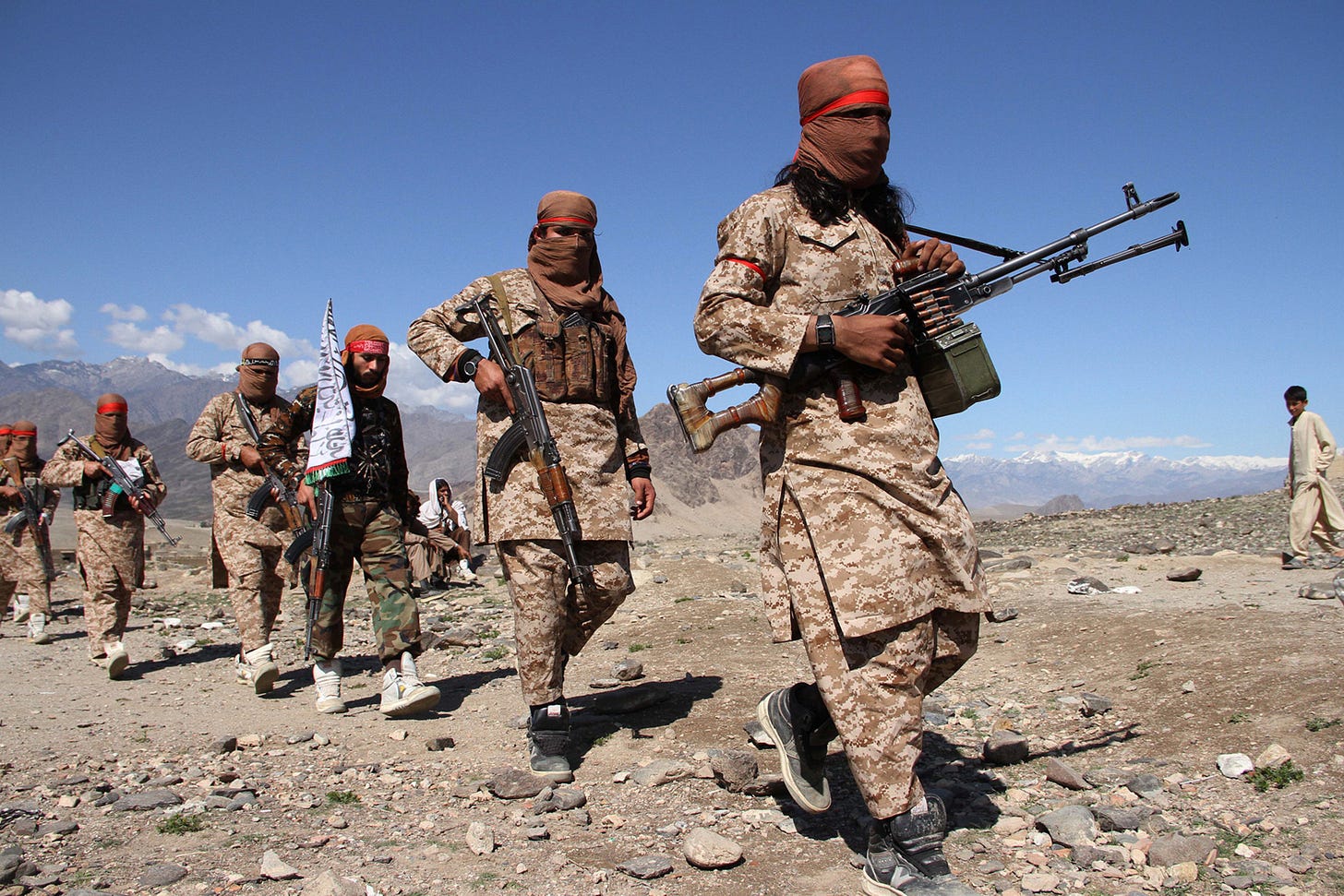On forever wars

Like for so many, the events unfolding in Afghanistan have left me in a pensive mood – the kind that tends to occur around birthdays and beginnings of new years and the like. Except it is neither. We have just had a ‘blue moon’ – a full moon that appears blue to the naked eye. Apparently this is meant to have some kind of impact on one’s temperament, though I admittedly don’t know how. So here we are, with me in what some would call a “state,” the source of which I have been struggling to pinpoint. I am not an Afghanistan veteran, and personally know only a few; as a political scientist focused on US foreign policy and authoritarian regimes, policy blunders also do not exactly come as a novelty. Yet somehow, this feels different.
Perhaps because, in many respects, it is.
What is happening in Afghanistan is part of a much bigger story, and it illustrates that story with painful clarity. Rarely is the struggle between democracy and dictatorship, between freedom and tyranny so abundantly clear. Rarely, too, has the triumph of the latter over the former been so swift. Within days the Taliban have imposed repressive control over the Afghan nation, and they will continue to do so with mounting force in the weeks and months ahead. The story of Afghanistan is now one of an unnecessary evil triumphant over an imperfect good. And this, not – or not only – because of a botched withdrawal, but because of the naiveté of so many in the liberal democratic world who refuse to believe or cannot comprehend (or both) that evil exists, that the struggle against evil does not come with a sell-by date, and that it often requires force.
Many argue that we cannot fight ‘forever wars.’ That we have to bring our troops back home. Stop spending taxpayer money overseas. In theory and on paper one cannot help but agree. But life is not lived in theory and on paper. While the West may have tired of ‘forever wars,’ the events unfolding in Afghanistan are a harsh reminder that our enemies have not. The Taliban have not tired of wars. Neither have the Iranians, nor the Russians, nor the Chinese who hope to benefit from America’s floundering. Essential to the Chinese Communist Party’s policy thinking is the very notion of perpetual and intense struggle against western values and beliefs. For it, as for our other enemies, western liberalism is a dangerous ideology that threatens their power and must be quashed wherever it exists. So, even if we may not be interested in our enemies, our enemies are very much interested in us.
These are not pleasant realities to confront, which is likely why very few do. They are also difficult to reconcile as we go about our daily lives: such realities seem not to be our realities. Except they are, and the events in Afghanistan are a painful reminder of the fact. This is likely why the present moment feels quite different from other policy failures, and it is likely why I find myself in a “state.” The battle to preserve and protect our freedoms and values rages on. Now, it has only intensified. It is being fought on multiple fronts – ideological, discursive, technological, through diplomatic and human rights efforts. And, sometimes, when the situation demands it, it must be fought in actual battle. Otherwise, as in Afghanistan, we lose.

